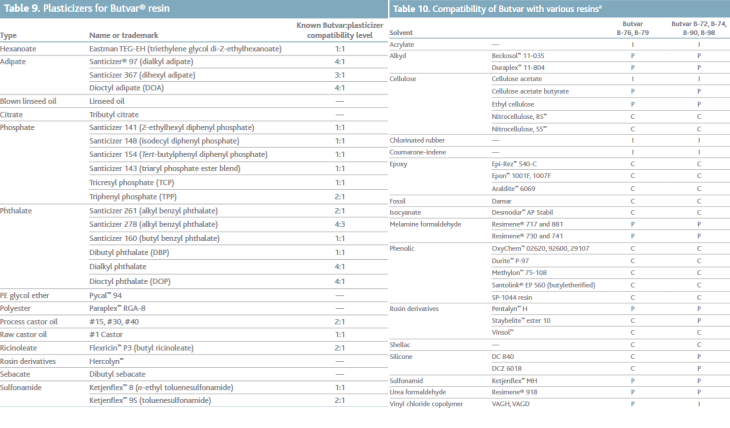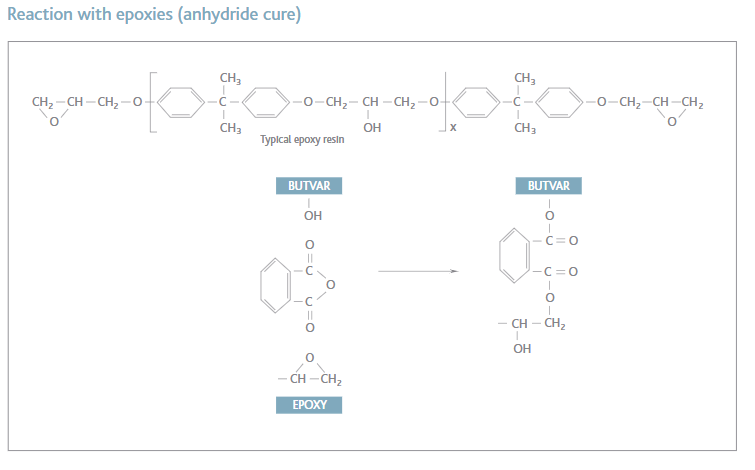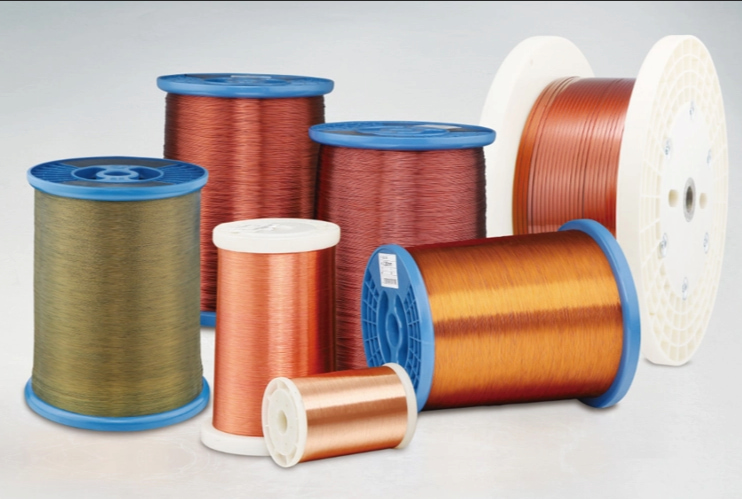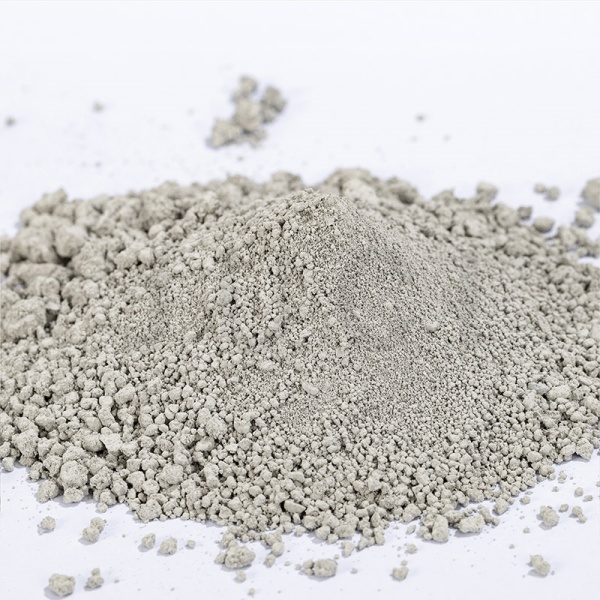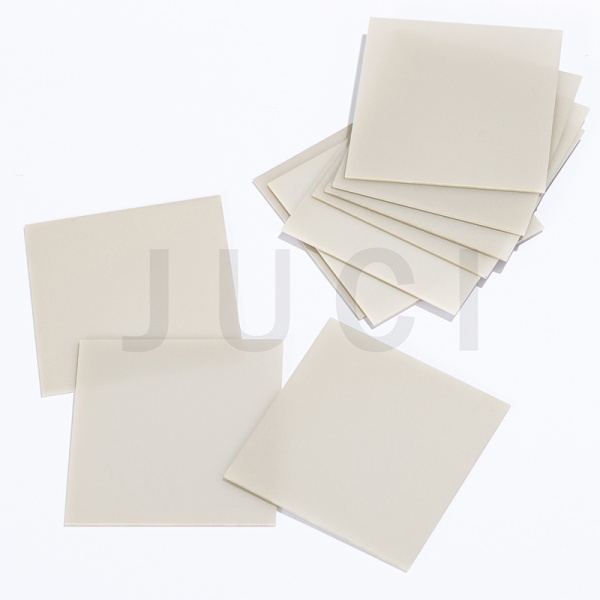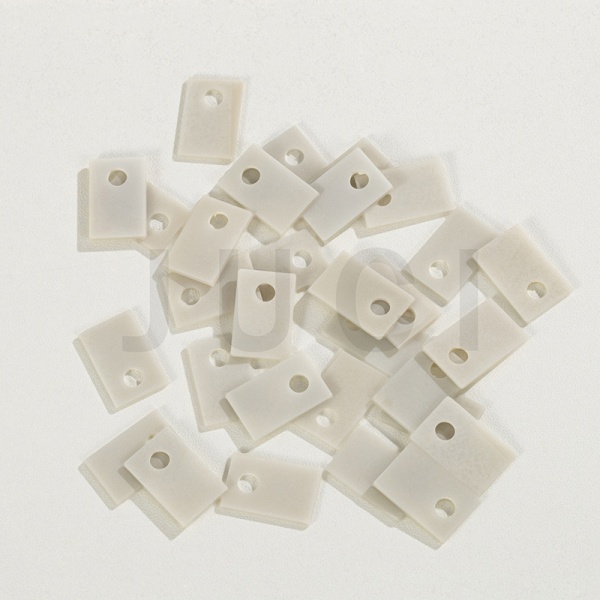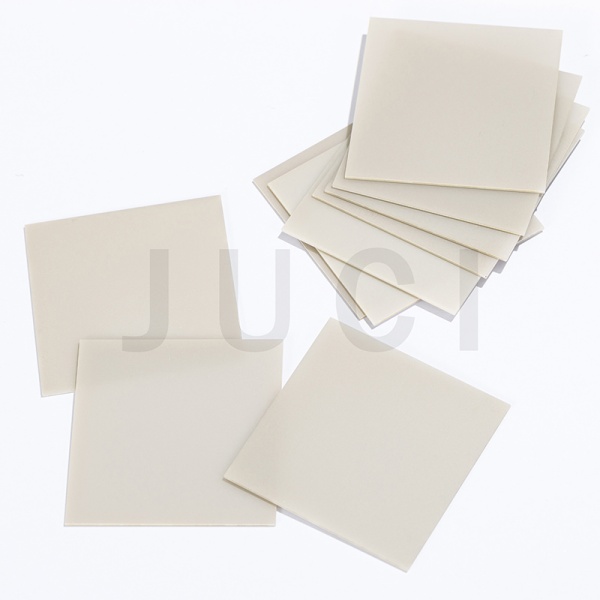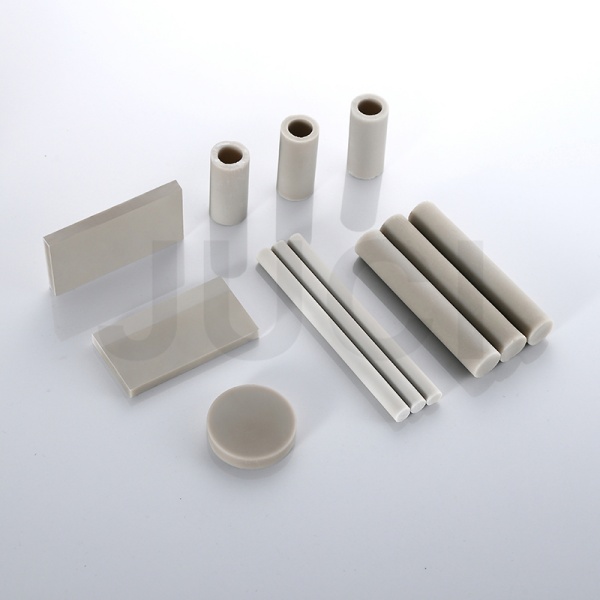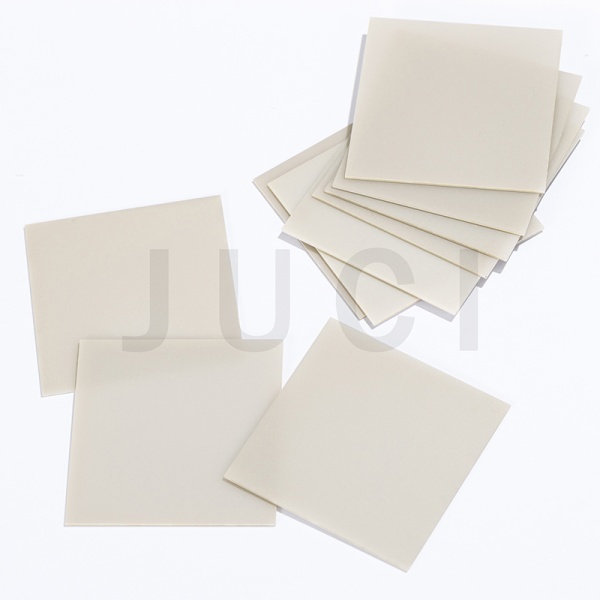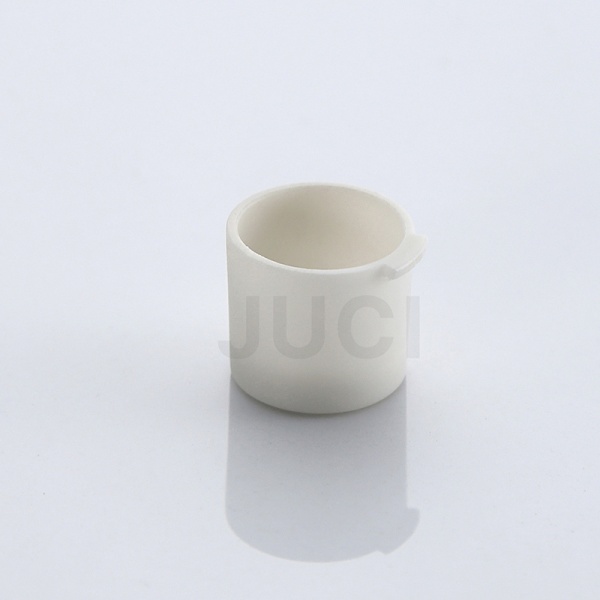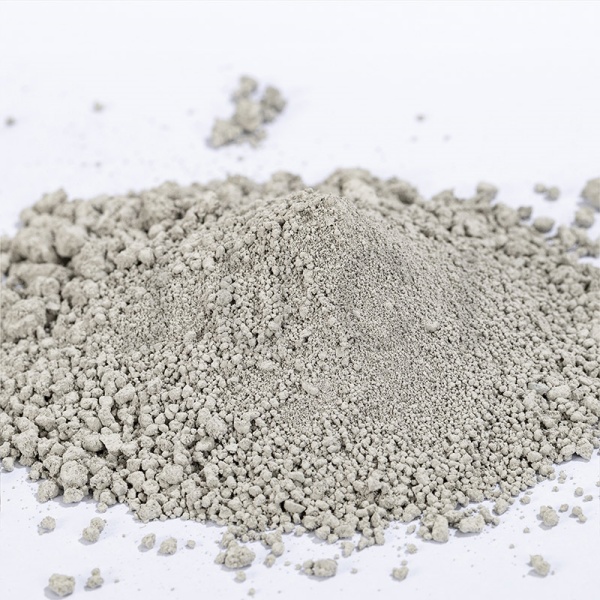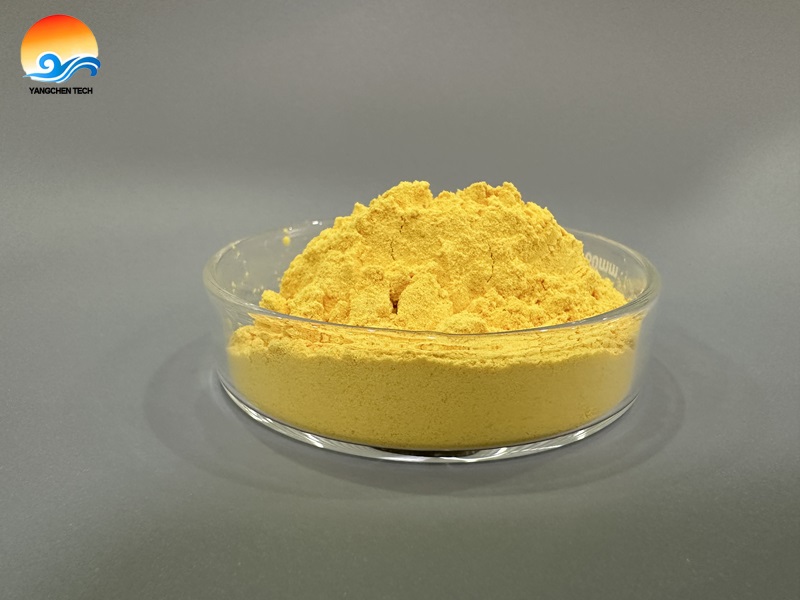1 PVA (PVA 088-20 & PVA 1788) water resistance modification
PVA (Polyvinyl alcohol) has very low air permeability and is a high-barrier packaging material with excellent performance. Because the molecular chain contains a large number of hydroxyl groups and has high hydrophilicity, these hydroxyl groups are easy to form hydrogen bonds with water molecules under high humidity, resulting in changes in the aggregate structure of PVA, causing its barrier properties to drop sharply. Therefore, necessary water resistance modification should be carried out on PVA to reduce the effect of humidity on the barrier properties of PVA. The mechanism of PVA water resistance modification is to cross-link PVA by adding a cross-linking agent, and completely or partially block the hydroxyl groups, which can reduce its hydrophilicity and achieve the purpose of improving water resistance. The 8511 Institute of the China Aerospace Corporation has developed a melamine resin modified liquid "868" that has no toxic side effects on the human body. "868" is a multifunctional polycondensate. When the amount added is not large, it can moderately cross-link with the hydroxyl groups in PVA, so that PVA forms a strong three-dimensional structure coating, which determines the air tightness of PVA under wet conditions and improves water resistance. This modified PVA coating liquid will not form a skin at room temperature, will not swell or fall off when in contact with water, and can be used for glue preparation and coating at room temperature.

2 PVA (PVA 100-27 & PVA 1799)water-soluble modification
PVA's water solubility can be used to make water-soluble films. Water-soluble films are a new type of green and environmentally friendly packaging material, which is widely used in the packaging of various products in Europe, America, Japan and other countries. For example, pesticides, fertilizers, pigments, detergents, water treatment agents, concrete additives, detergents, chemical reagents for photography and chemical reagents for gardening care. Because the water solubility of pure PVA film cannot meet the requirement of dissolution time ≤ 300s in water at 20℃, Wen Huojiang et al. carried out Michael addition reaction with PVA and acrylamide, and then hydrolyzed and synthesized modified PVA under base catalysis. Water-soluble anionic groups were introduced into the PVA molecular chain to enhance the solubility. Water-soluble films were prepared using this as raw material, and the relationship between the amount of alkali, acrylamide and modification rate was discussed. The modification rate made a great contribution to the low-temperature rapid solubility of the prepared film within a certain range. The effect on water solubility beyond a certain range was not significant, but it would lead to excessively high costs.
Website: www.elephchem.com
Whatsapp: (+)86 13851435272
E-mail: admin@elephchem.com

